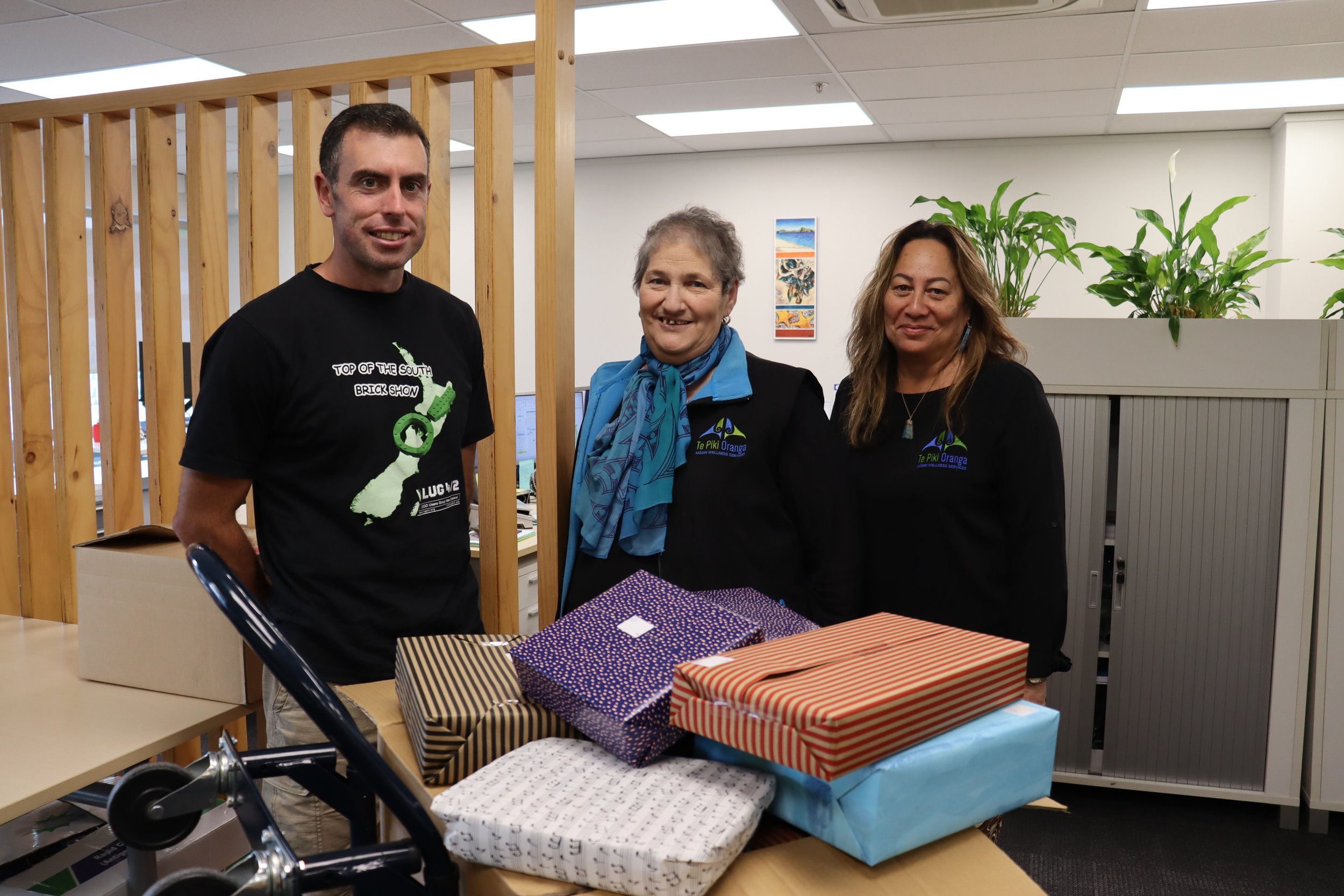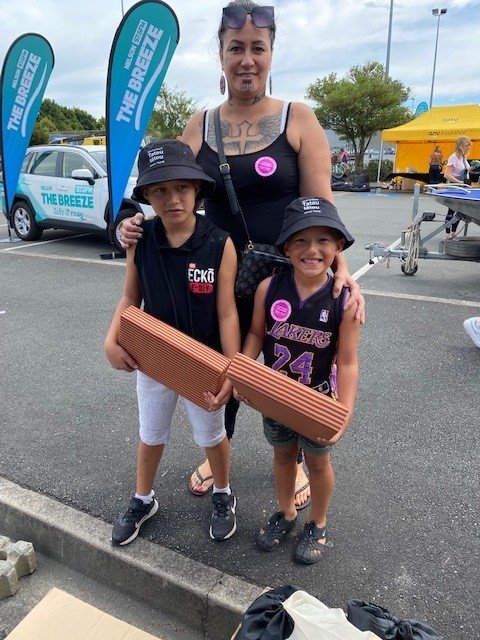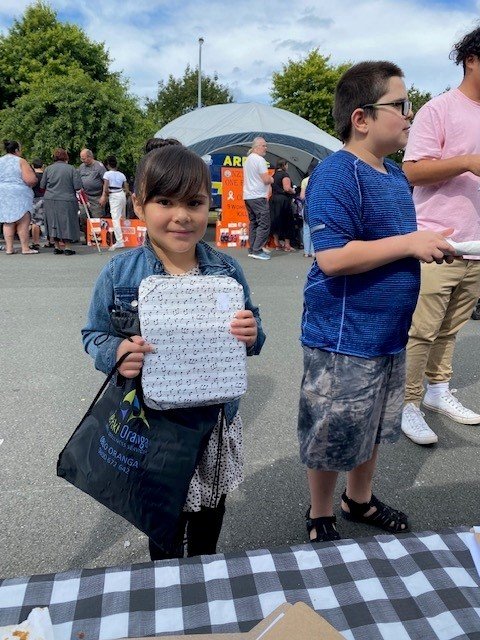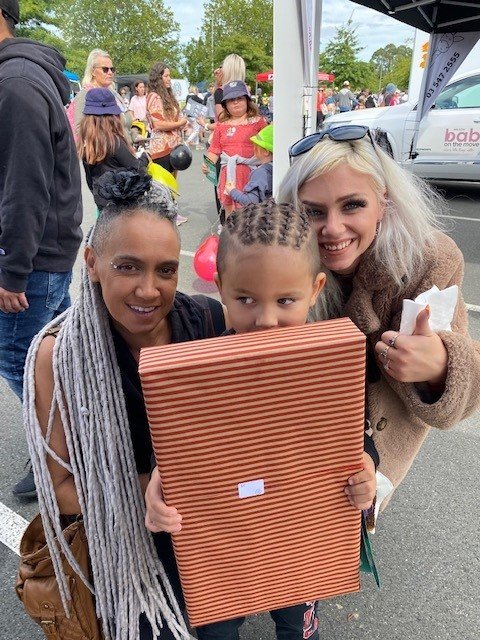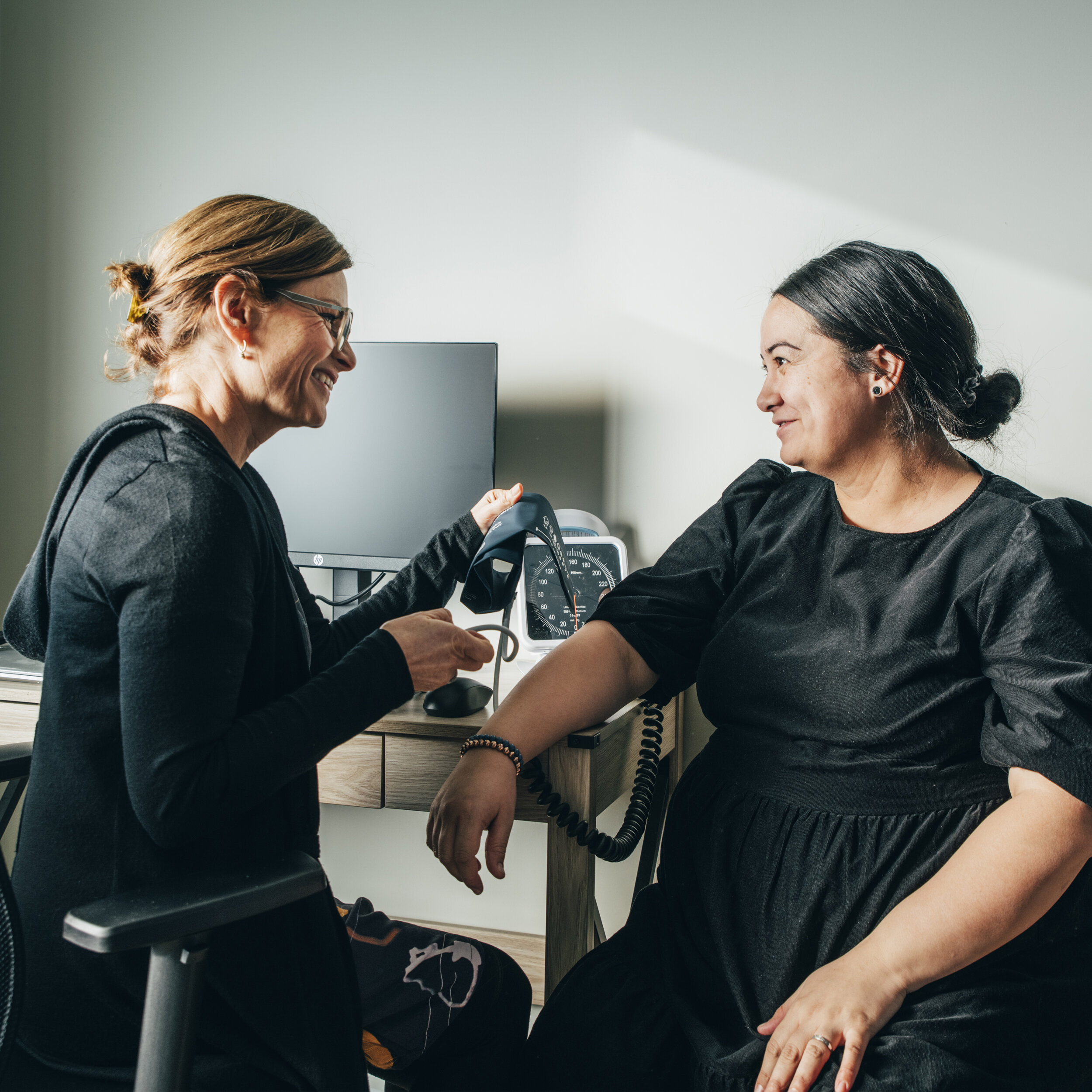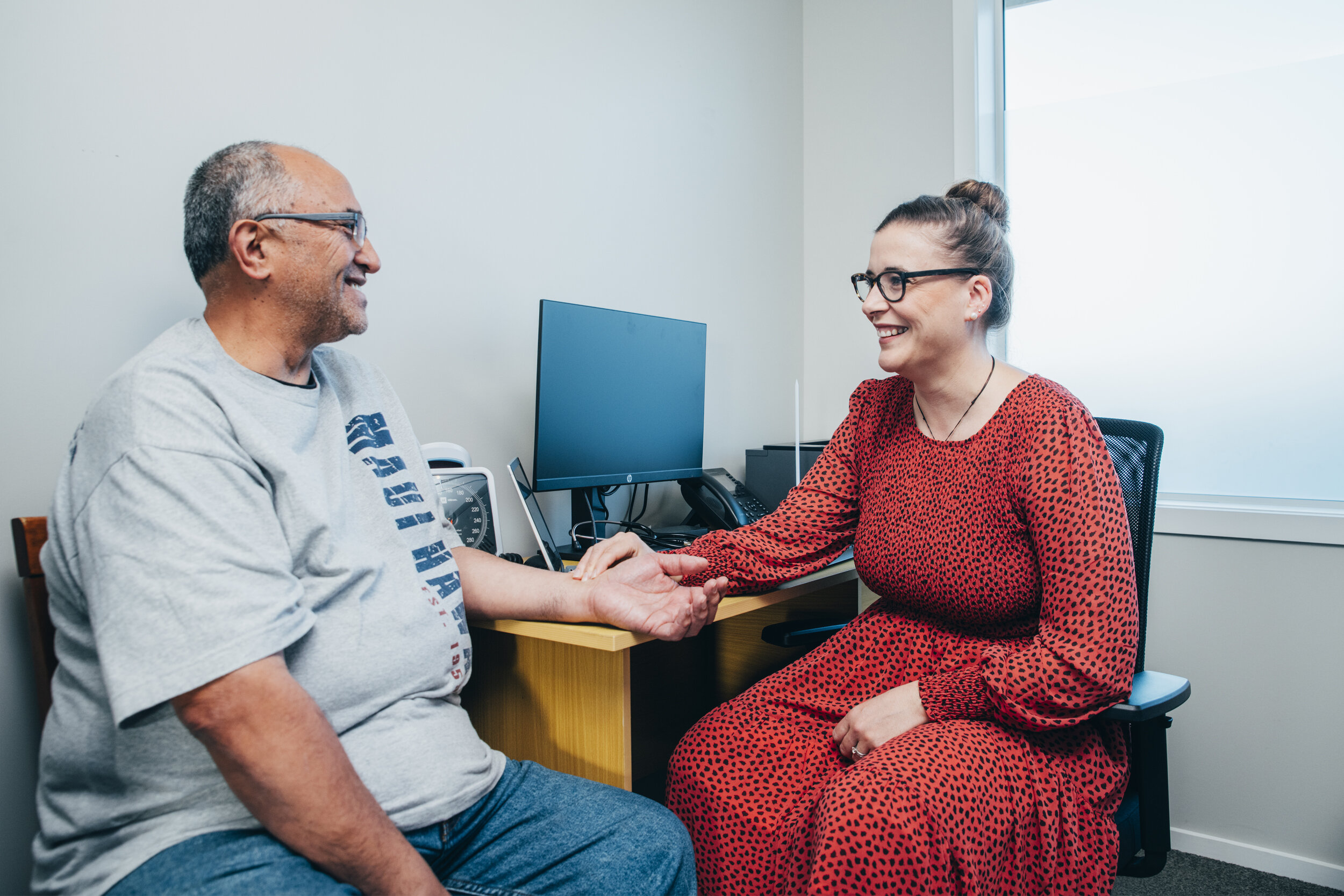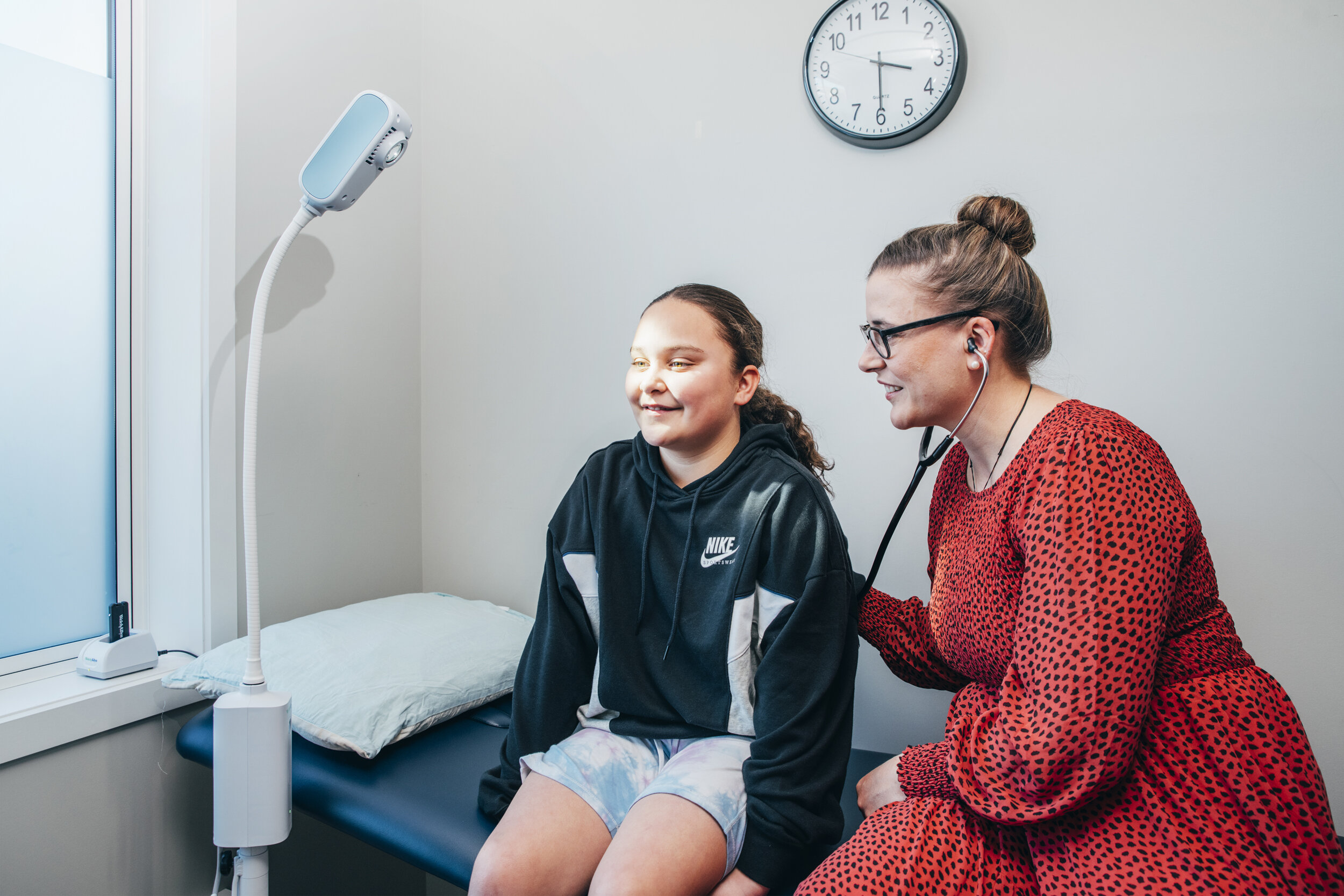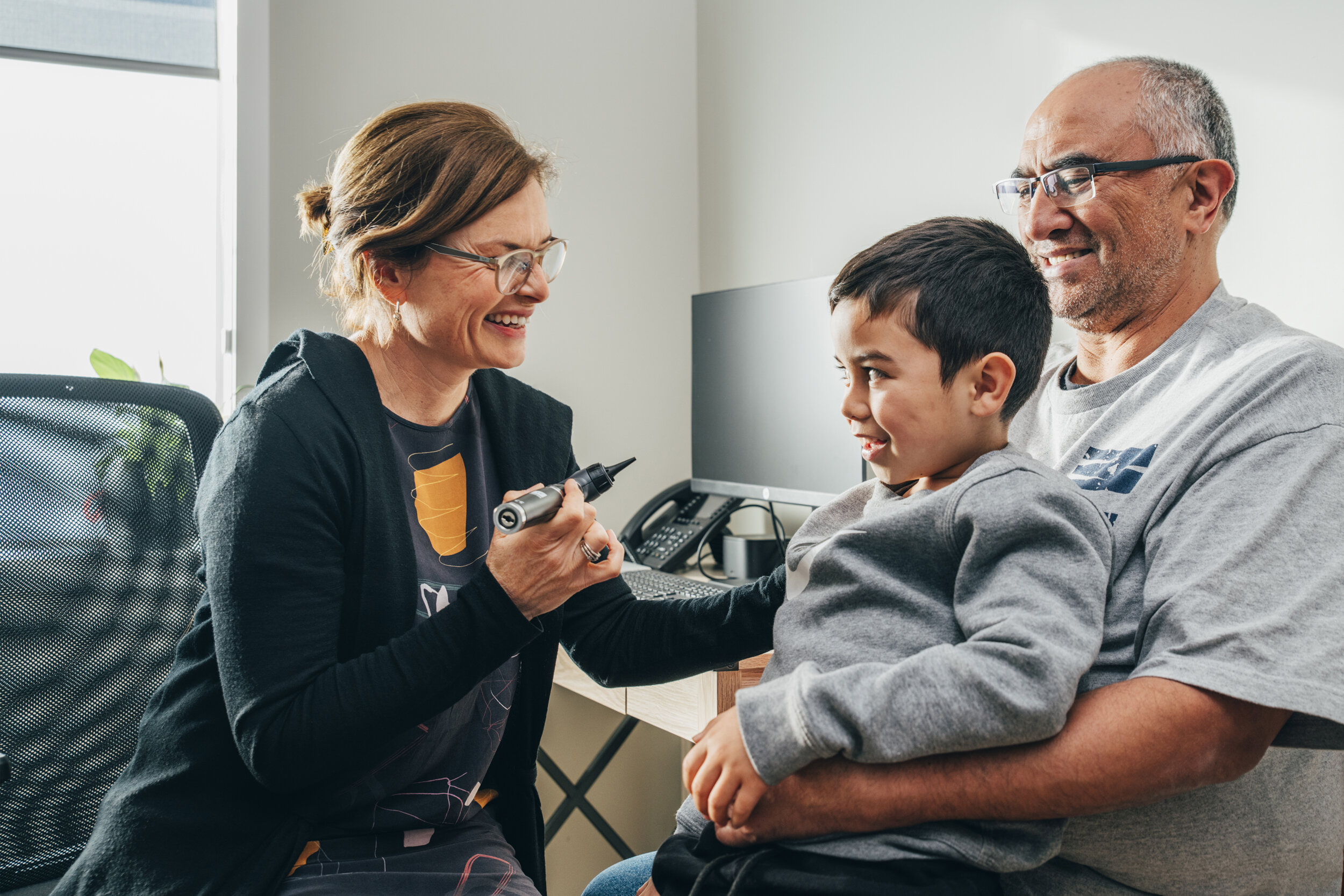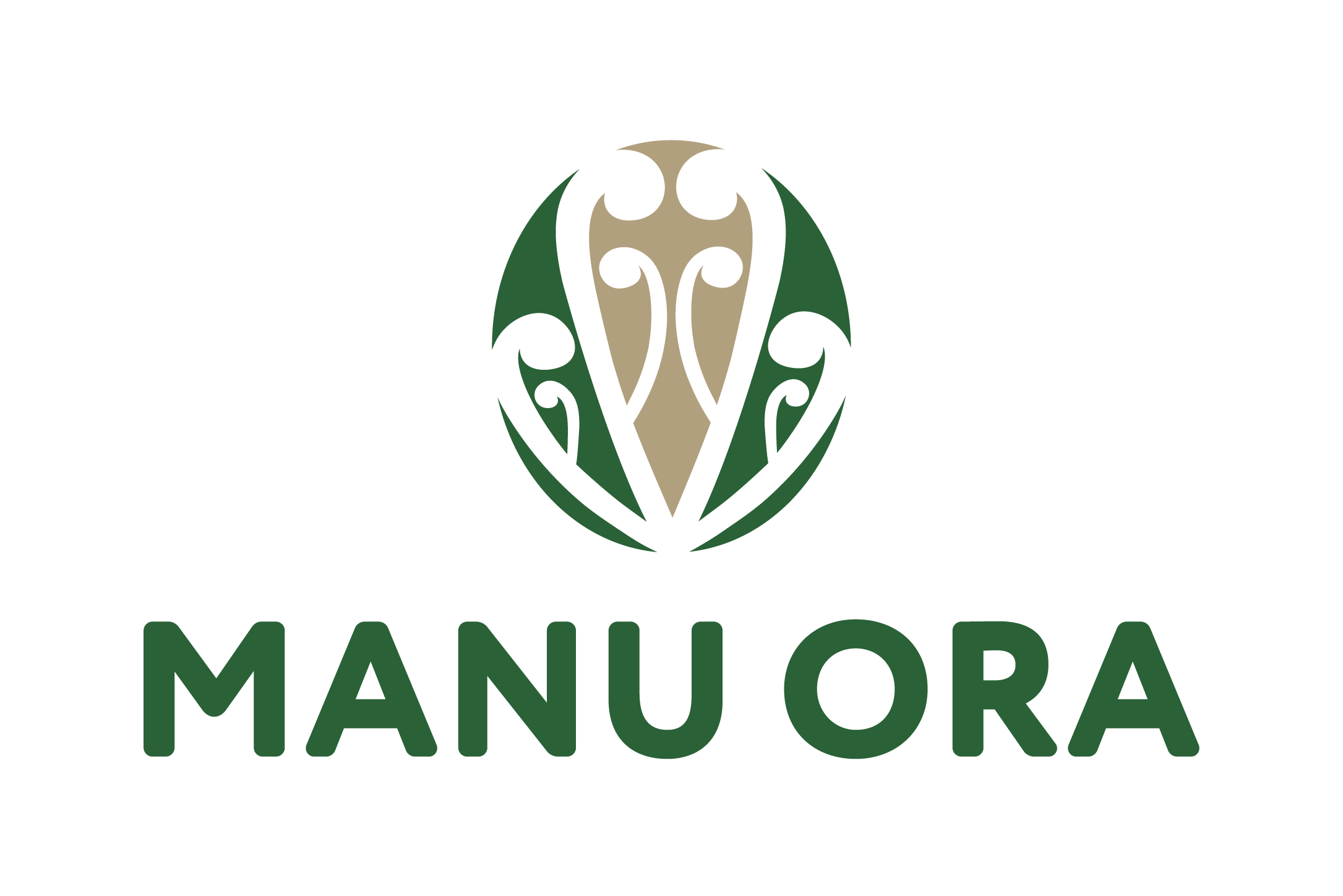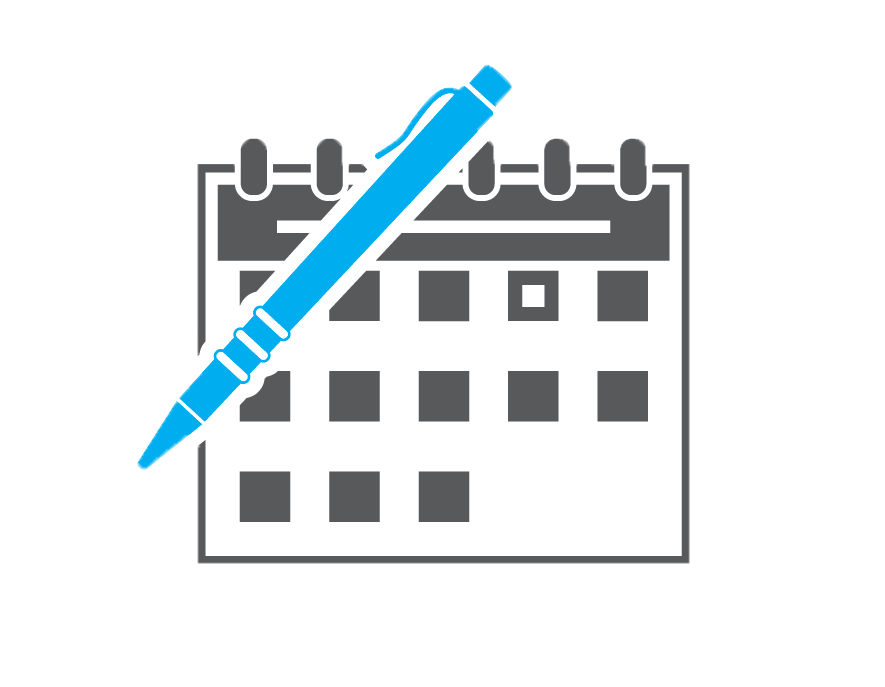Wild dolphins brought big smiles to the faces of tamariki and rangatahi towards the end of last year, during a special boat tour off the coast of Waitohi (Picton).
Te Piki Oranga’s Child and Adolescent Mental Health Service (CAMHS) in Wairau arranged the special tour through local wildlife tour company E-Ko Tours, which provides the opportunity to encounter several species of dolphins including dusky, bottlenose, common, and the rarer hector’s dolphins, as well as orca.
Recent research shows that cetacean species (whales and dolphins) have achieved a level of social-emotional sophistication not achieved by other animals, including humans. In addition, the hypothesis of biophilia—which recognises that human beings need to commune with nature in order to thrive—and the success of other animal-assisted therapy approaches, inspired the initiative.
Mātauranga Māori provided a model for the journey; the children learnt about the relevance of whales and dolphins to Māori, their own whakapapa connection to the dolphins who guided their ancestors to the area, and increased their environmental awareness of, and knowledge about, ways to protect the whenua (land), moana (sea) and taonga (dolphins).
The Te Piki Oranga organising team, which included Paola Montarnaro, Karena Martin and John Hart, conducted ancient Hawaiian and Māori ceremonies to help prepare the children for their interaction with the dolphins. This included blowing the Pumoana (shell trumpet) to call them in.
‘The trip out to the dolphin sanctuary did not take long and, as the journey progressed, the group began to engage more fully with the kaupapa,’ says Karena.
When the pod arrived, they brought with them their babies, some as young as two days old. The dophins surrounded the boat and made direct eye contact with the children, responding to the group’s signals, sounds and waiata with joyful and social behaviour. Both the children and adults alike greeted them with delight.
John Hart, Te Piki Oranga Pukenga Manaaki (Whānau Navigator), says, ‘The captain said that our efforts and calling our Tipuna Taniwha (water spirit ancestors) brought the dolphins in close and we enjoyed their company for a solid hour of laughs and excitement.’
Paola Montarnaro, Te Piki Oranga CAMHS Mental Health Clinician, adds: ‘The children were able to see and experience their social interaction from a very close distance and let the dolphins perform their healing magic. Once back on land, we could see smiles and a sense of peace and ease, even in the expression of the most reluctant participants. It was a very special and profound therapy session.’
Paola says CAMHS selected E-Ko Tours because they strive to be good kaitiaki (guardians), by using profits from their tours to fund conservation projects that contribute to the sustainability of both whenua and moana.
‘It was amazing to observe the positive changes brought about from the interaction with the dolphins,’ says Karena. ‘The trip back to Blenheim was filled with lively discussion about what had been seen and experienced.’

